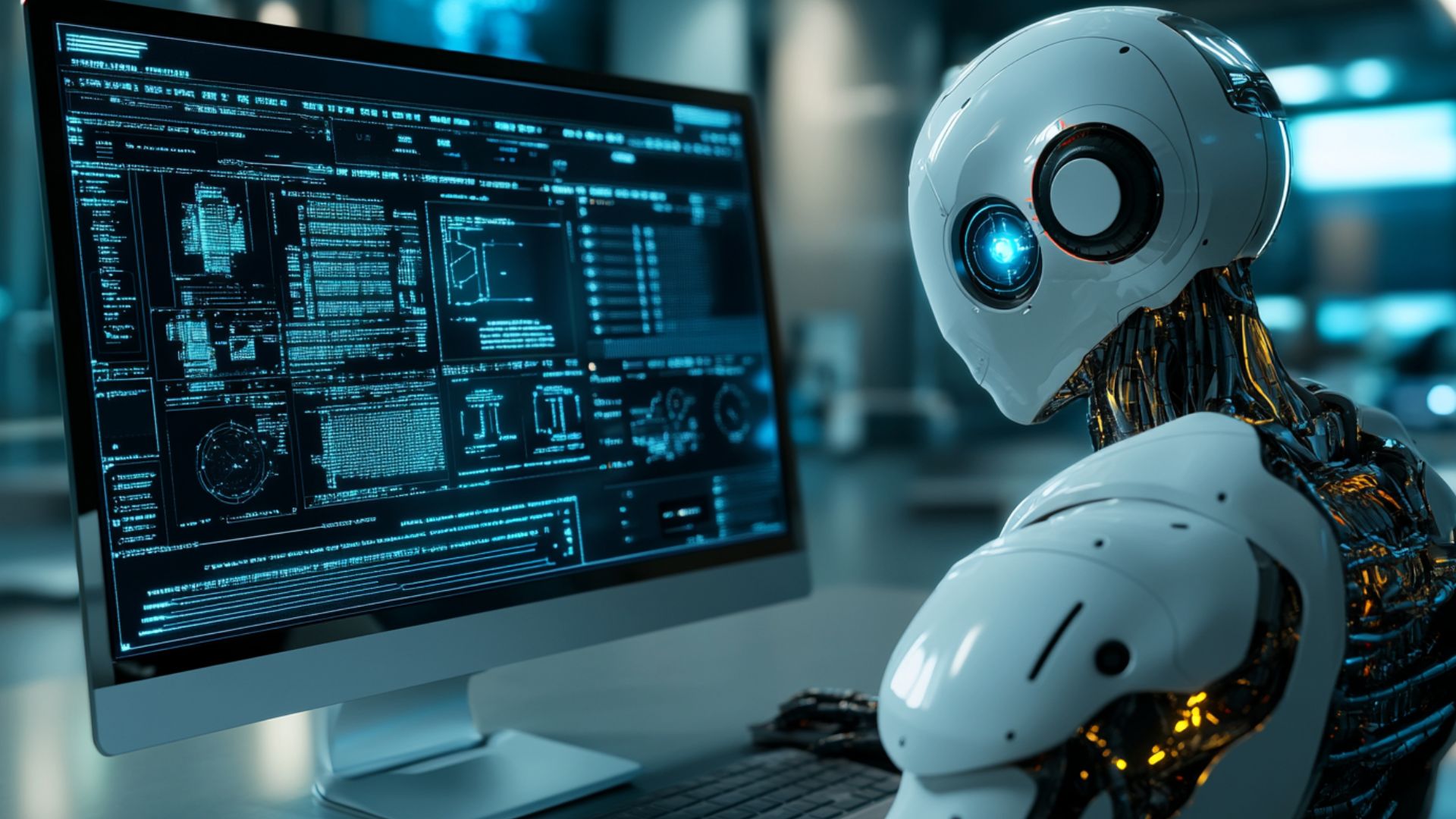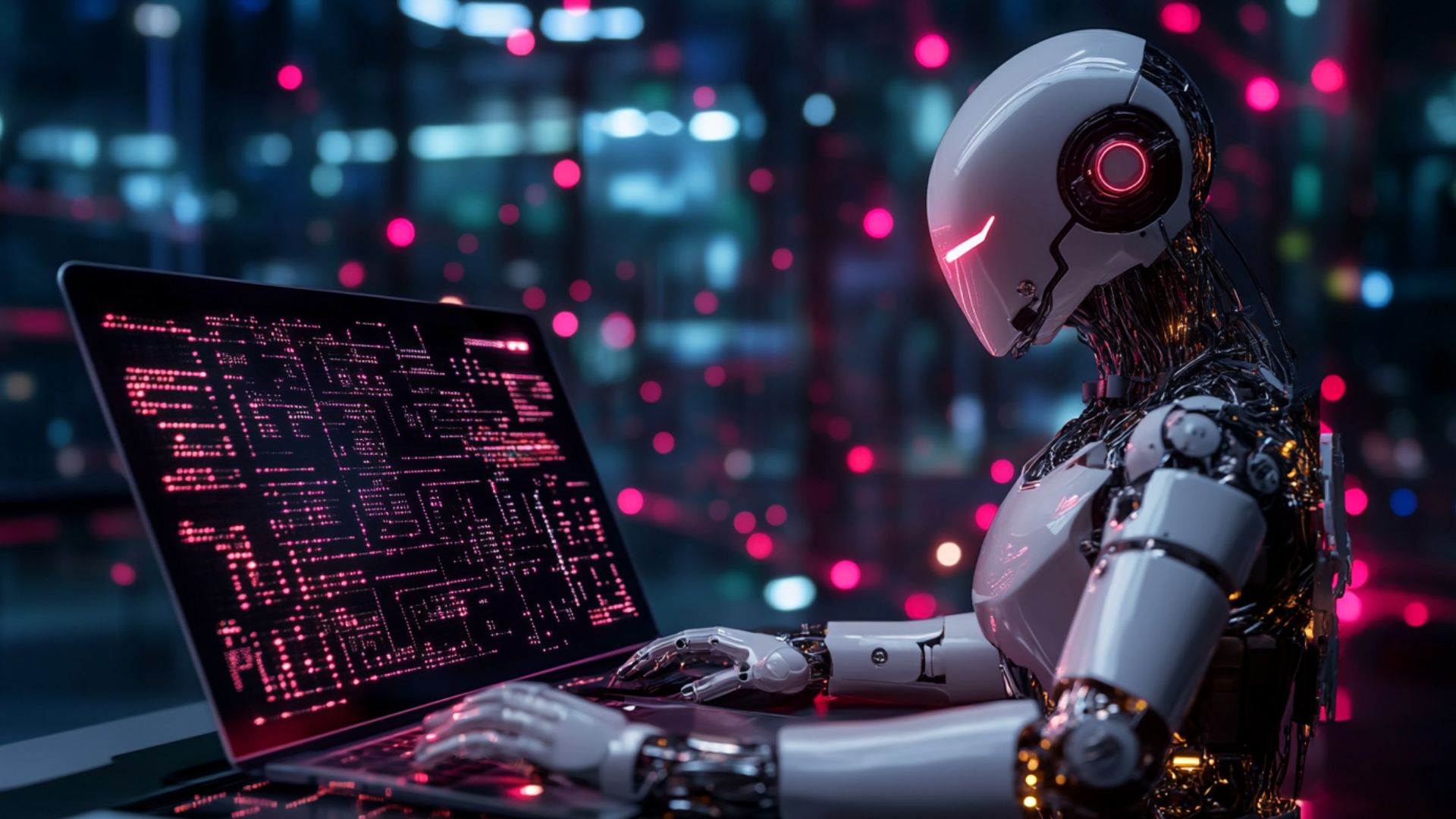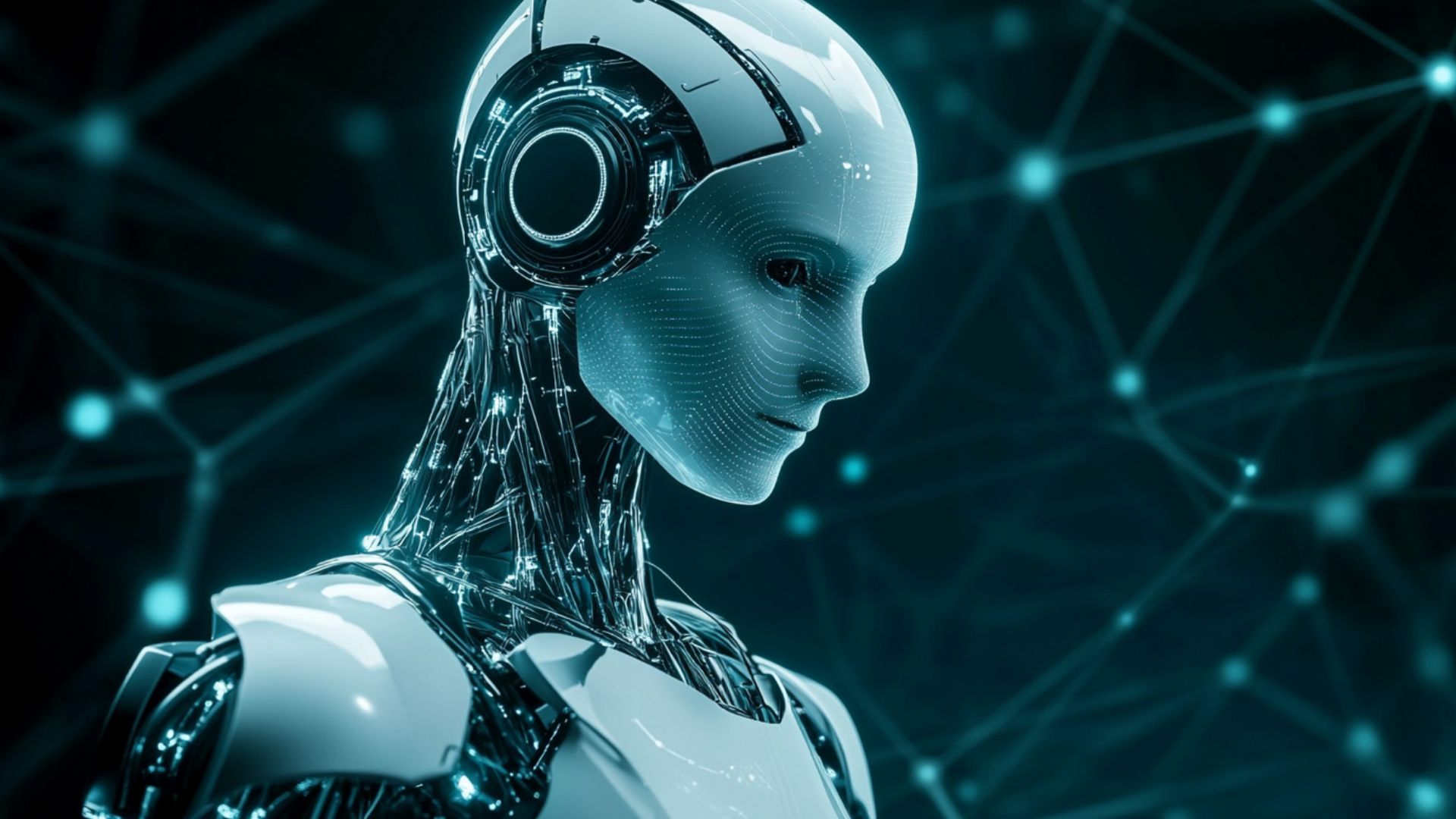How Artificial Intelligence is Transforming the Sports Industry

The adoption of AI allows people to experience technological progress. Many impressive changes are taking place that help everyone improve their lives. AI has made it possible to automate most of the monotonous and time-consuming work. This approach allows employees to focus on more important tasks. The use of AI has made a significant contribution to the sports industry.
Sports and AI work together to improve performance and safety. Players can understand the tactics of their competitors. AI helps to track the smallest moments and movements of players. This approach has a positive result overall and helps you play better. The use of AI gives very good results overall. Players can closely monitor their health.
AI analyzes risks during games and helps prevent them. Predictive analytics is an excellent step in player safety. Collecting data on athletes and their training helps prevent potential injuries. Different approaches to physical activity are considered to avoid injuries. This approach allows not only to maintain safety but also to get a good result.
AI in the sports industry helps to raise ratings and attract new fans. Chatbots provide game updates and breaking news. They encourage fan engagement and viewership. If a person likes sports, these chatbots based on personal data analysis offer similar options. You will be able to watch your favorite game and enjoy it.
Enhancing Athletic Performance with AI
It is essential to understand “how is AI used in sports” and how it affects the performance of players. Improving sports performance is closely related to the use of AI. Additional materials and devices provide all the necessary information to obtain results. Special chips, microphones, bracelets, and cameras facilitate data analysis. Their movements, activity, and biomechanical data are analyzed. This data is processed to suggest improvements to the condition and the game. A person's condition is studied to choose the proper training in the future. Using machine learning in sports helps improve athletic performance and activity.
This approach allows for the creation of individualized approaches to training. An equally important step in using AI is the ability to monitor the player's health. This approach helps to avoid injuries of various degrees. Athletes wear special sensors or bracelets that monitor their health. They monitor the pulse, heart rate, and general condition of the body. This approach helps to find out the cause of complications and helps to fight them. Special programs are created that allow you to train better and be more enduring. Personalized workouts help athletes maintain peak physical condition.
Data Analytics for Performance Improvement
Artificial intelligence in sports plays a vital role in the industry's productivity. The process itself is the collection of personal data about each player. AI identifies factors that negatively impact performance. It contributes to the development of the industry and uses various improvement approaches. Here are the main functions of AI:
- Data. Data is collected about each player individually. It analyzes information about the player's health, pulse, and blood pressure. This approach makes it possible to improve the training process and avoid injuries. The analysis is collected from other sources. Different games and sensors are analyzed to understand different approaches. The ability to develop game strategies based on data is a significant advantage.
- Pattern Recognition. AI in sports is crucial for predicting changes in an athlete's condition. Patterns are identified that detect even minor changes in the player's movements. This approach helps to improve performance and eliminate any health risks.
- Performance. An excellent and noteworthy use of AI is performance. By monitoring and analyzing data, AI provides essential information. AI monitors equipment condition, suggesting when to replace it and estimating its lifespan. It also monitors player movements. This approach helps to eliminate shortcomings and select the right exercises.
- Analytics. Thanks to predictive analytics, there is constant monitoring. This is an excellent opportunity to adjust programs in time and improve performance.
- Communication. Ai in sports analytics provides real-time feedback. Real-time feedback helps increase efficiency. For coaches, this is a good opportunity to immediately fix problems and make adjustments.
AI in Training Regimens
AI in the sports industry plays a vital role in a good end result. Special programs are created based on the player's condition. Performance improves, and the risks of various injuries disappear. Here are the main principles of how AI technologies influence training schemes and methods:
- The athlete's condition is analyzed based on their personal data. All moments of movement, efficiency, and biomechanical analysis are tracked. Based on this data, special personalized training is developed. It improves a person's condition and helps to increase performance. It also minimizes the occurrence of various injuries.
- New sports technology allows you to monitor the effectiveness of your workout. A person's condition and the moment of fatigue or overtraining are analyzed. The load is reduced for the athlete. Specific recovery periods may also be recommended.
- AI enables comprehensive data collection on an athlete's health and performance. This approach guarantees minimization of fatigue, injuries, and deterioration of health. It reduces training risks and maintains efficiency.
- Machine learning and sports are closely related. For the sake of efficiency and good results, the game is constantly monitored. Based on the athlete's health data, recovery optimization becomes more effective. Analyzing the athlete's condition allows us to get good recommendations for improving their health. Sleeping patterns and proper nutrition are tailored to the individual. AI analyzes optimal rest and recovery periods for each athlete.
AI for Injury Prevention and Management
Sports and AI are closely related. AI analyzes the condition of each athlete individually. It monitors their overall health and ability to continue playing. In case of any deviations, a unique personalized program is created to improve the condition. Special training and treatment methods are selected for athletes. The most important thing is to monitor health and minimize the risk of illness and injury.
- Health monitoring. Health monitoring is performed using special sensors and bracelets. It analyzes the data of the athlete's condition in real-time. It examines heart rate, joints, activity, blood pressure, and muscle tension. This approach allows us to identify the human condition, the state of the nervous system, and signs of overload. Unique treatment methods and personalized training are selected.
- Analytics. Machine learning in sports enables real-time data collection. The athlete's overload or movement changes are analyzed. Such analysis provides an understanding of the reasons for such a condition. The ability to recover quickly and personalized training is a guarantee of success.
- Recommendations. Thanks to machine learning, AI can make special recommendations. Based on the data on the athlete's condition, the health is analyzed. Treatment and training methods are selected for each person individually.
- Recovery. Real-time analysis is performed based on past injuries or conditions. Rehabilitation methods and techniques are selected individually to improve the condition.
Improving Fan Engagement with AI

The use of AI in sports brings good results not only for teams but also for coaches. In general, AI helps to attract new fans and sports enthusiasts. Analytics and forecasting help to improve the sports industry. AI can recommend content similar to what fans already enjoy, based on analytics. News and various events are distributed to attract attention. Based on human preferences in different sports categories, AI offers identical options.
AI in sports analytics allows for the identification of the future process of the game and the improvement of the entire industry. Fans can watch games remotely. Thanks to AI applications, people can virtually observe the game process. All these actions take place in real-time. This approach allows us to get a good experience from the game process in general. Fans can watch the game in replay mode. When the game is over at any convenient time, a person can review it.
The Future of AI in Sports
AI guarantees improved results in sports in the future. Future sports technology promises more accurate analysis and improved game outcomes. Machine learning will help to analyze better the game process and the condition of each player. Improved AI will be able to monitor human health with greater accuracy. Blood pressure, heart rate, and muscle tone analysis will be even more accurate. This approach will help to create special health support measures. The development of personalized training for players will be at the highest level.
Thanks to improvements, AI will be able to minimize mistakes during matches. The human factor sometimes affects the quality and correctness of results. Refereeing will reach a new level thanks to the improvement of AI. Real-time tracking of the game will help to identify the most accurate results. Making swift and accurate decisions is crucial in sports officiating.Artificial intelligence in sports plays an important role not only for players but also for coaches. The ability to attract new fans is an excellent opportunity to take sports to the next level. Special chatbots based on the analysis of human data will offer similar options. Sharing news and events about sports will help attract new fans. The ability to watch a game remotely in real-time has a positive impact on the sports industry. This approach will ensure overall accuracy and a dynamic future for players and fans.


